Tuina Massage in Amsterdam: Ancient Wellness Practice for Mind and Body
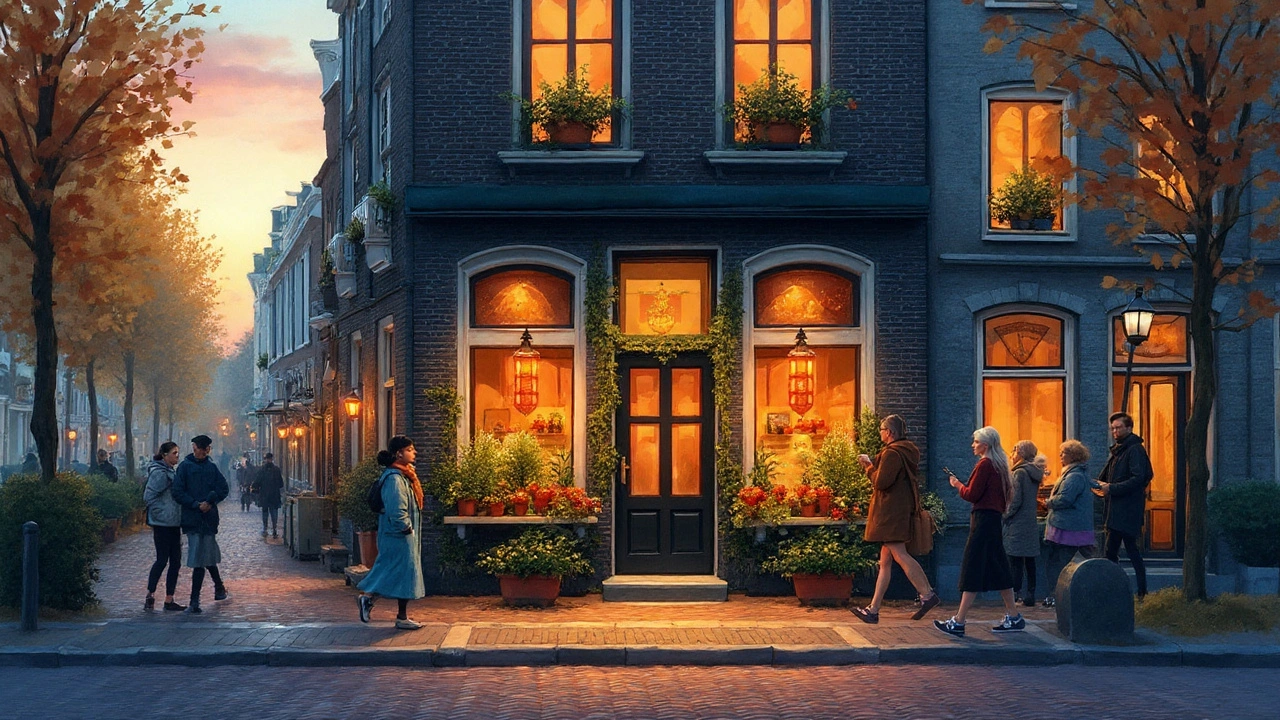
Key Points About Tuina Massage: What You Need to Know
- Tuina massage is an ancient Chinese healing technique that's still practiced today, especially for wellness and managing pain.
- It focuses on balancing energy flow (Qi) and combines pressure, stretching, and movement.
- Common benefits include pain relief, stress reduction, and improved flexibility.
- Tuina is different from Western massages—think less oil, more clothing and energy work.
- Amsterdam hosts a growing number of Tuina specialists, and sessions typically range from €50 to €100 per hour.
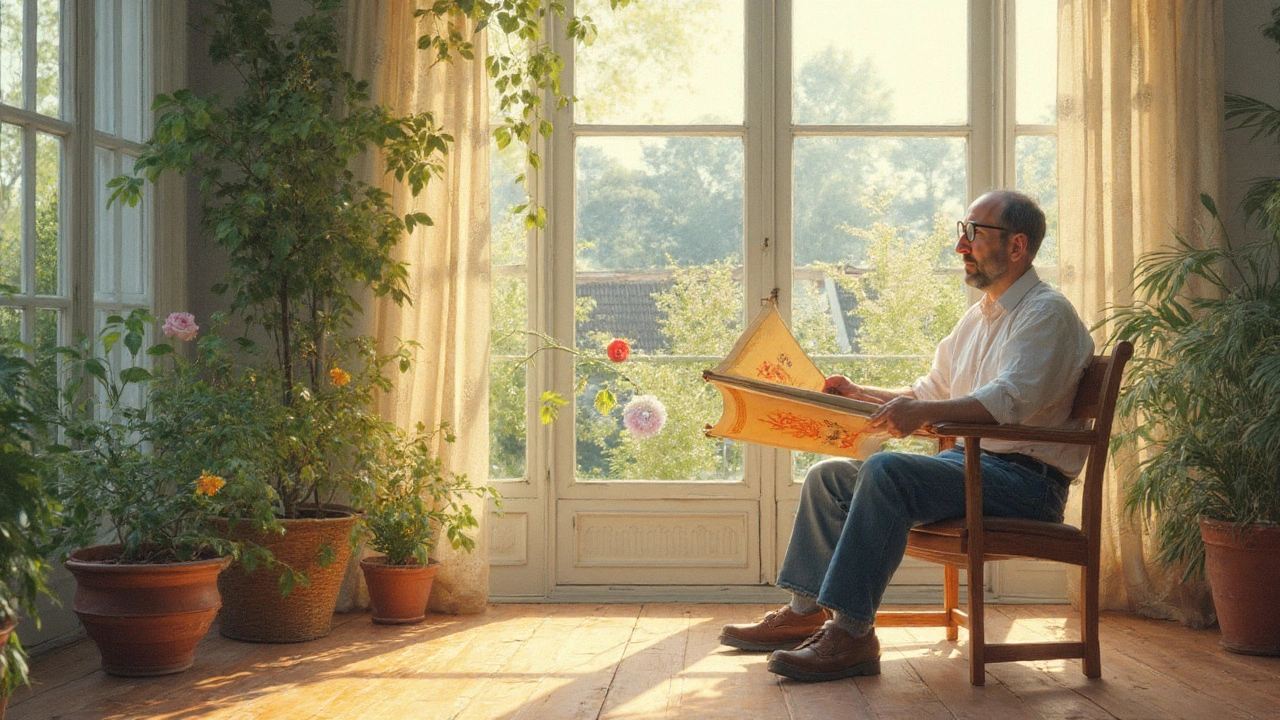
Direct Answer: What Is Tuina Massage?
Tuina massage is a hands-on Chinese bodywork therapy that’s been used for thousands of years to encourage healing and wellbeing. Unlike Swedish or deep tissue massage with lots of oils and skin-to-skin contact, Tuina often uses clothes-on pressure, stretching, rolling, kneading, and tapping. Practitioners aim to unblock and balance the body’s energy pathways (known as meridians) to address many physical or even emotional complaints. It’s not just for injuries or pain; you’ll spot Tuina in clinics, spas, and even hospitals across Asia and, now, everywhere from Amsterdam to New York.
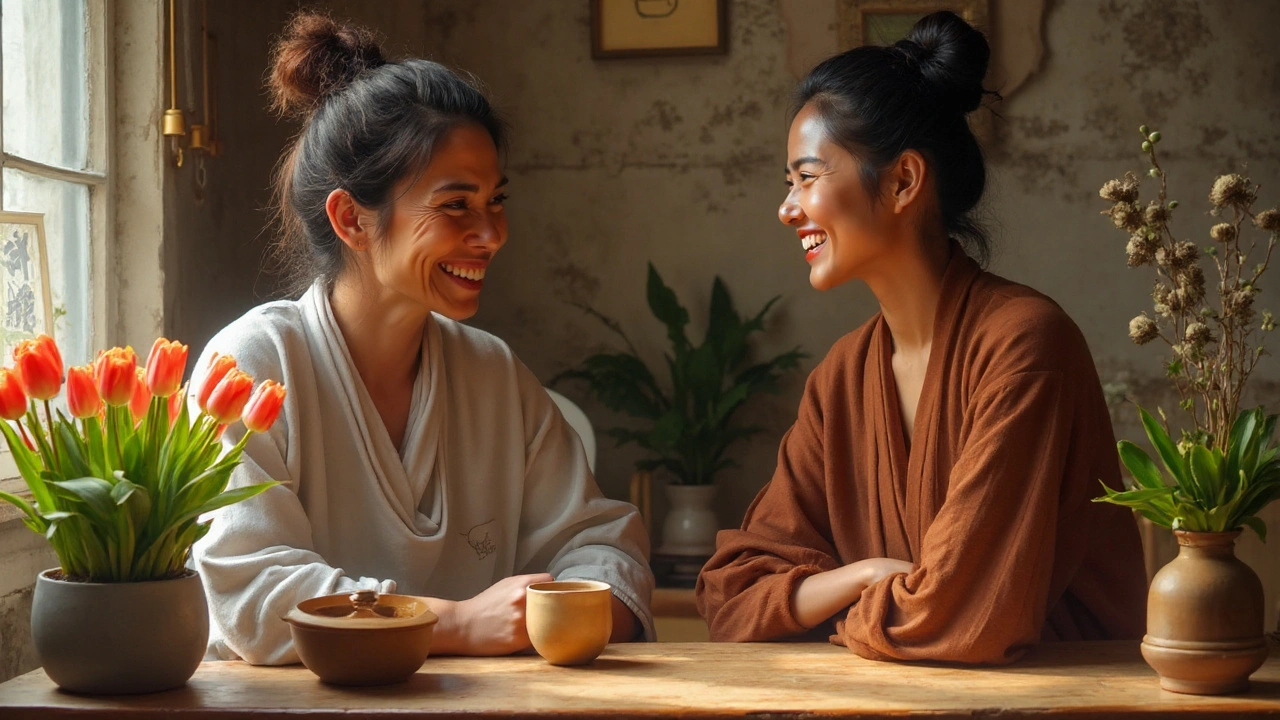
Comprehensive Guide to Tuina Massage: How This Ancient Practice Holds Up Today
Imagine dragging yourself home after a crazy-busy day, hoping that a bubble bath or a nap will hit the reset button on your aches. But nope—the knots in your back are still screaming, your head throbs, and “stress” feels like your middle name. Now, think about a wellness practice that’s outlasted dynasties, plagues, and fads: Tuina massage. Weird name, right? (Say it like “twee-nah.”) I first stumbled onto Tuina in a cramped little studio after a friend basically forced me off the couch and said, “This is the only thing that helped my neck.” I figured, why not? It’s got a fan club going back to 1700 BC, from emperors to athletes to folks like us just trying to get through Monday without popping another painkiller.
Tuina means “push and grasp
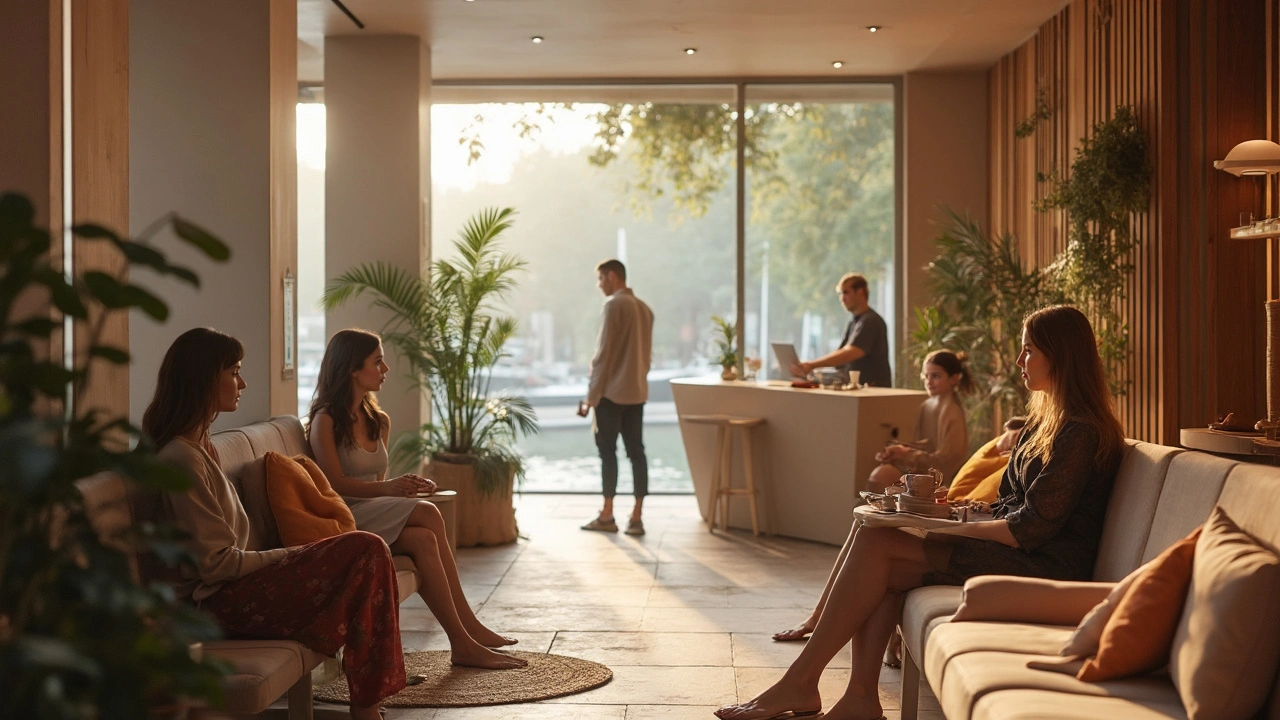
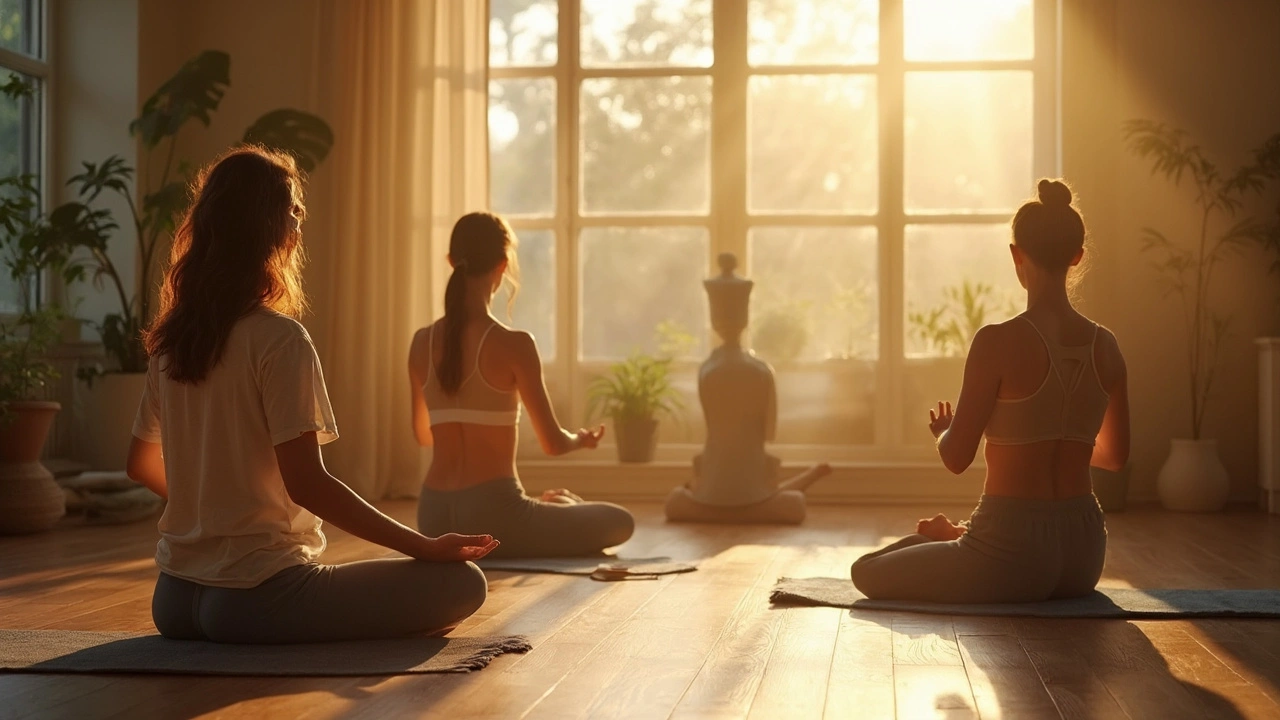
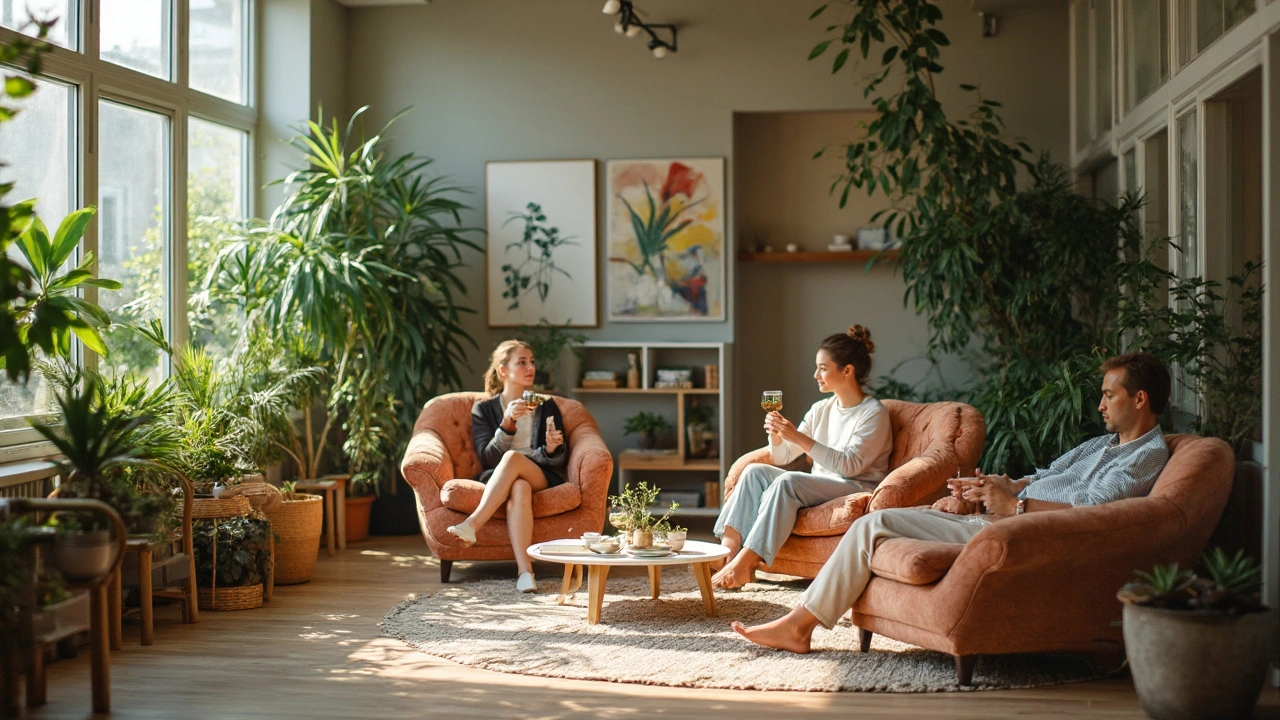
Marie Elizabeth
August 4, 2025 AT 13:52I honestly wasn’t that familiar with Tuina massage before, but this post really helped me understand its roots and benefits. It sounds like such a holistic approach, which is really appealing in today's world where so many treatments focus just on one aspect of wellbeing.
Also, knowing there are local Amsterdam options makes it easier to consider trying it out. The emphasis on balancing mind and body through ancient techniques feels reassuring — like it’s not just a fad but something time-tested.
Has anyone here actually tried Tuina in Amsterdam? Would love to hear firsthand experiences and maybe some tips on choosing a good practitioner. 😊
Danny van Adrichem
August 6, 2025 AT 10:58Look, I don’t usually buy into all these ancient wellness practices unless there’s solid proof. But Tuina? Sounds like yet another old-school technique getting a trendy makeover to sell overpriced sessions.
The article talks about health benefits, but where’s the scientific evidence? It all smacks of vague claims that benefit the businesses profiting off people's desperation for a quick fix.
Plus, Amsterdam having options to get this done is probably just a setup — a lucrative niche in wellness tourism while the real issues behind chronic problems go ignored. Remember, don’t be fooled by nice-sounding history or 'natural' labels; always demand facts over folklore! ⚠️
Nishad Ravikant
August 7, 2025 AT 21:52Fascinating stuff! I’ve always been intrigued by different cultural healing methods, and Tuina’s ancient Chinese origins really spark curiosity. The way it integrates both physical manipulation and energy flow theory is especially interesting to me.
Though I wonder, from a practical standpoint, how accessible it is for beginners. Like, do local specialists in Amsterdam typically provide an introduction session or tailored guidance? And what kind of lasting physical effects can one expect over multiple visits?
It’d be great if the post included some guidance on that or links to practitioners for newcomers.
S.l F
August 10, 2025 AT 04:25Thank you for this illuminating post on Tuina massage, which appears to be an excellent modality for holistic wellness.
From a clinical perspective, the integration of mind and body health benefits aligns well with contemporary holistic health philosophies, making such ancient practices worthy of exploration.
Given Amsterdam's diverse cultural landscape, it is promising to see local availability of Tuina sessions. This could enhance the accessibility of alternative therapies for many individuals seeking non-pharmaceutical health care options.
It would be prudent, however, for potential clients to ensure their chosen practitioner is certified and understands individual health conditions thoroughly prior to commencing treatments.
Michael Allerby
August 11, 2025 AT 07:52Hey everyone! Just chiming in since I’ve been a massage therapist for over 10 years, and Tuina really stands out with its unique combo of pressure and stretching techniques.
It’s not just some random massage — it’s deeply rooted in Chinese medicine concepts, which is pretty cool. The most rewarding thing about Tuina? It’s incredibly adaptable to different body types and complaints. If you suffer from stress or muscle tightness, it can be a game-changer.
In Amsterdam, there are practitioners who mix the traditional methods with a bit of modern comfort, so you get a nice fusion. Quick tip: communicate openly about what hurts and what feels good during your session, that way you get the most out of it.
Highly recommend giving it a try if you want something beyond the typical rubdown.
Devin Tankersley
August 13, 2025 AT 18:58Honestly, this whole Tuina hype is just another excuse for people to throw money away on nonsense. It’s just some fancy name for pressure point pushing — massage 101 with a fake ancient backstory to hook naive clients.
The wellness industry is full of these gimmicks, and Amsterdam’s local scene is no different. Fun fact: a lot of these touted 'health benefits' aren’t backed by any credible research, they just say what sounds good.
Wake up, folks, this isn’t some miraculous cure. If you want real healing, see a doctor, not some practitioner with a massage table and Eastern-sounding phrases.
Mathew Thomas
August 15, 2025 AT 13:52I find the concept of Tuina massage quite intriguing—I mean, merging ancient wisdom with modern wellness is what humanity needs in this fast-paced world.
Sure, skepticism is valid, but dismissing it outright overlooks centuries of cultural heritage and proven anecdotal relief experienced by many.
Sometimes we just need to pause and reconnect with ourselves physically and mentally, and practices like Tuina offer a pathway to that.
It’s not just about physical benefits, but also about cultivating awareness and calm within. Highly recommend exploring it with an open mind, especially if you’re anywhere near Amsterdam.
Jennifer bomabebe
August 19, 2025 AT 23:52Oh my goodness!!!! Truly, the ancient and sublime art of Tuina massage represents a quintessential bridge connecting the corporeal and the ethereal realms of our being!!!
The historical lineage from the Far East to Amsterdam is nothing short of sublime in today's global tapestry—this practice embodies a spiritual as well as physical renaissance!!!
One must approach such healing modalities with both reverence and openness, for they carry layers of tradition that mere words cannot fully capture!!!
Indeed, embracing such therapeutic arts may alleviate the ailments mysterious to modern science, punctuating the remarkable intersection between ancient knowledge and contemporary life!!!
Kristen O.
August 22, 2025 AT 07:32While I recognize the cultural value attributed to Tuina massage, the current wellness market is saturated with jargon-heavy claims that often obfuscate the line between anecdote and evidence.
It's crucial to evaluate practitioners critically, especially in tourist-heavy hubs like Amsterdam, where commercial incentives might overshadow therapeutic integrity.
The physiological mechanisms touted by traditional Chinese medicine sometimes lack the rigor demanded by modern science, making it imperative consumers maintain a healthy skepticism.
Still, the mind-body connection is indeed significant, and if Tuina promotes relaxation and reduces perceived stress, that’s an undeniably valuable outcome.
Heather Conover
August 26, 2025 AT 07:12Honestly, I find it rather amusing how every other week some 'ancient wellness practice' suddenly becomes the panacea for all bodily and spiritual ailments.
The Tuina massage article is no exception; it’s drenched in clichés and lacks any critical interrogation of the efficacy behind such treatments.
Granted, it’s wonderful if it helps some individuals relax, but let’s not kid ourselves into thinking it’s based on anything more than comforting superstition dressed up with a veneer of exoticism.
Amsterdam or not, I suggest a healthy dose of skepticism before investing time or money into these overhyped therapies.